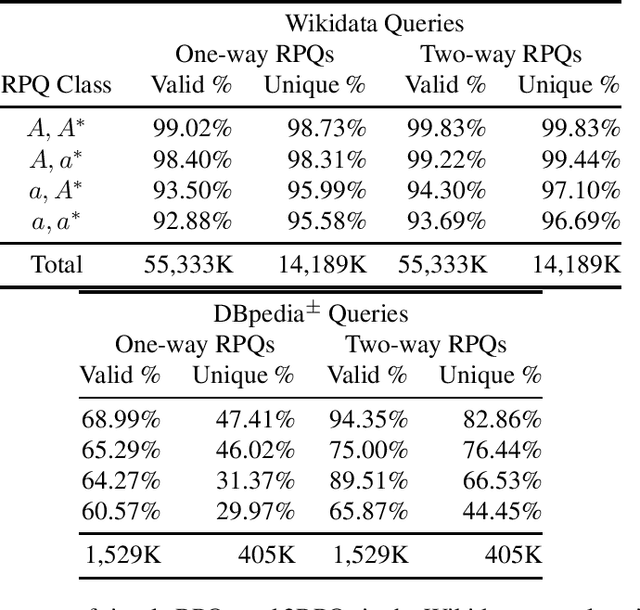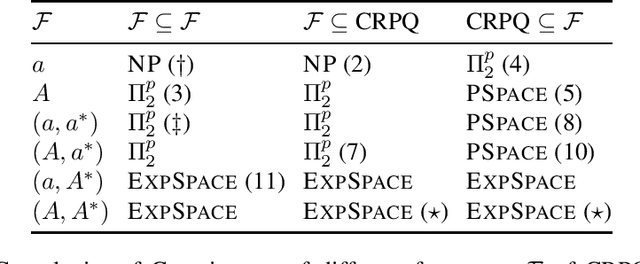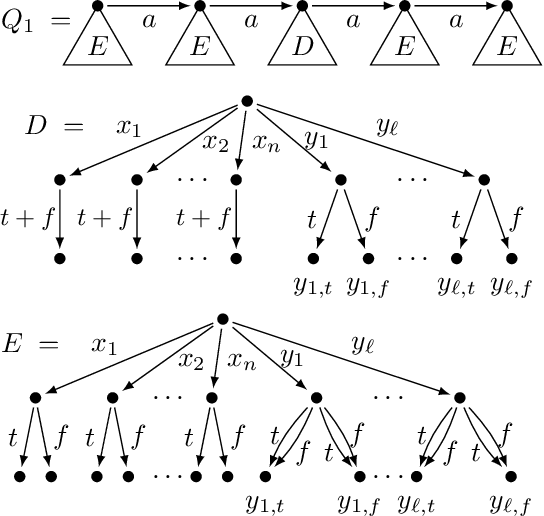Adwait Godbole
Syzygy: Dual Code-Test C to (safe) Rust Translation using LLMs and Dynamic Analysis
Dec 18, 2024Abstract:Despite extensive usage in high-performance, low-level systems programming applications, C is susceptible to vulnerabilities due to manual memory management and unsafe pointer operations. Rust, a modern systems programming language, offers a compelling alternative. Its unique ownership model and type system ensure memory safety without sacrificing performance. In this paper, we present Syzygy, an automated approach to translate C to safe Rust. Our technique uses a synergistic combination of LLM-driven code and test translation guided by dynamic-analysis-generated execution information. This paired translation runs incrementally in a loop over the program in dependency order of the code elements while maintaining per-step correctness. Our approach exposes novel insights on combining the strengths of LLMs and dynamic analysis in the context of scaling and combining code generation with testing. We apply our approach to successfully translate Zopfli, a high-performance compression library with ~3000 lines of code and 98 functions. We validate the translation by testing equivalence with the source C program on a set of inputs. To our knowledge, this is the largest automated and test-validated C to safe Rust code translation achieved so far.
Containment of Simple Regular Path Queries
Mar 09, 2020



Abstract:Testing containment of queries is a fundamental reasoning task in knowledge representation. We study here the containment problem for Conjunctive Regular Path Queries (CRPQs), a navigational query language extensively used in ontology and graph database querying. While it is known that containment of CRPQs is expspace-complete in general, we focus here on severely restricted fragments, which are known to be highly relevant in practice according to several recent studies. We obtain a detailed overview of the complexity of the containment problem, depending on the features used in the regular expressions of the queries, with completeness results for np, pitwo, pspace or expspace.
 Add to Chrome
Add to Chrome Add to Firefox
Add to Firefox Add to Edge
Add to Edge